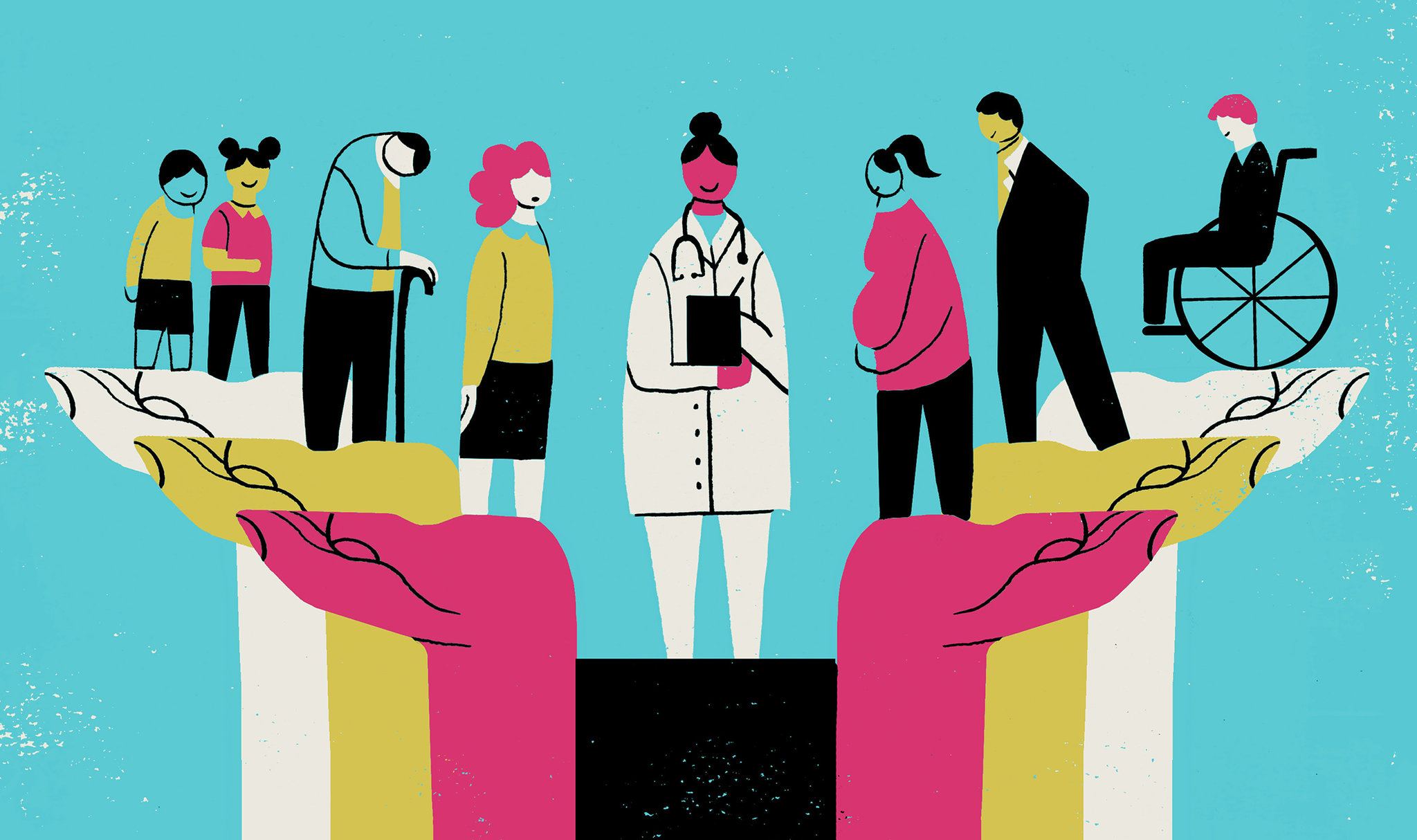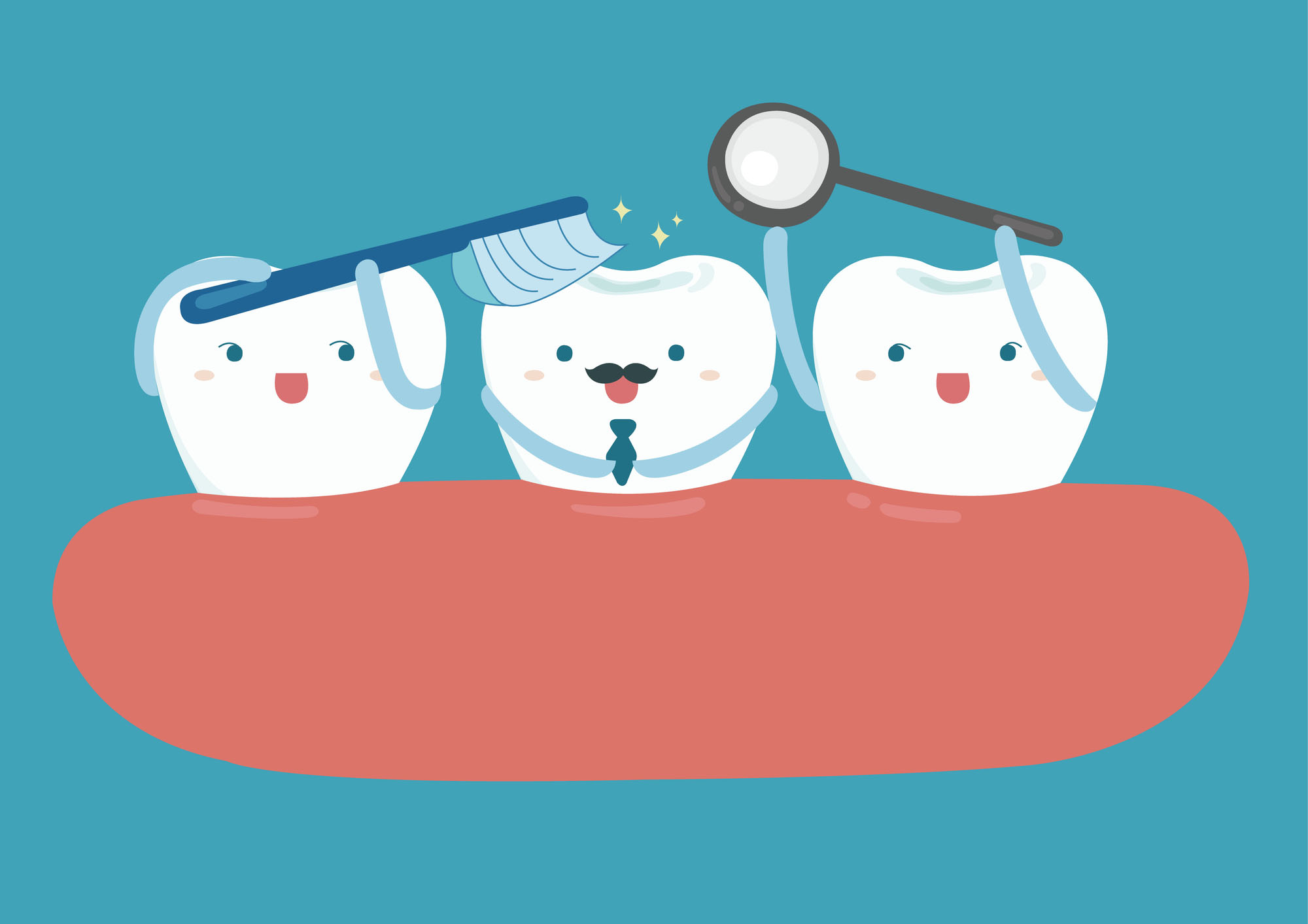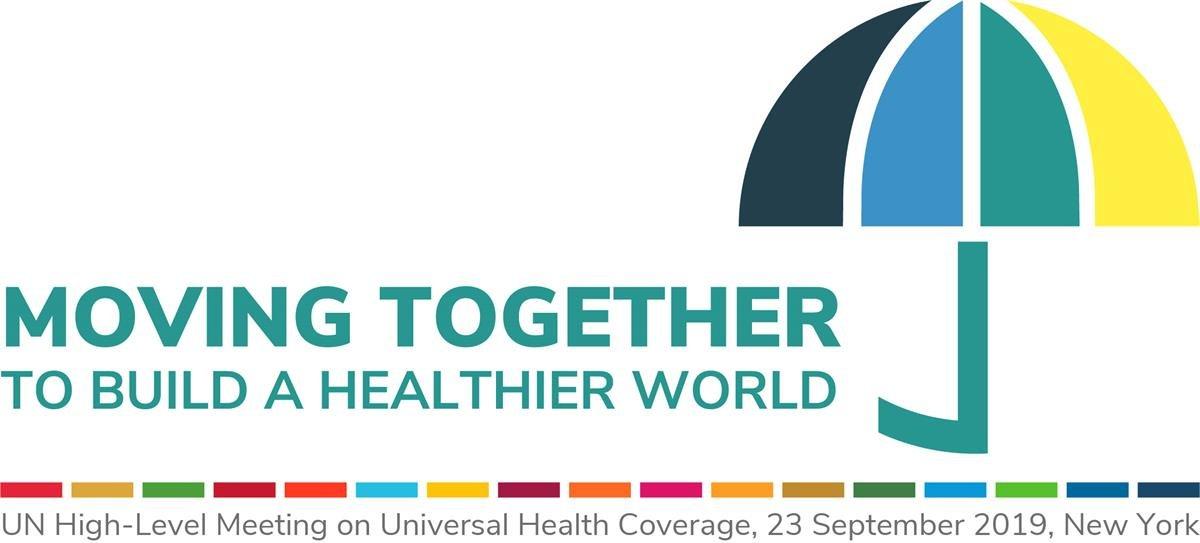By Erika Koutroumpa,
Most people have had experiences with universal healthcare coverage. Being able to get the necessary treatment at the highest standard possible without further financial burden is something that is considered a given in most countries of the world. However, the treatment that pops into one’s mind is usually related to medical issues, treated by a pathologist or a specialist doctor. And if you thought so, you would be right, since for decades dental healthcare was not considered essential treatment.

Universal healthcare began as a concept during the 19th century, with members of the nobility becoming increasingly concerned by the workers’ living conditions, high mortality rates, and quick spread of disease. Hence, modern universal healthcare was born, but it was not established until after World War II. From 1945 on significant developments in community medicine took place, with the United Nations founding the Universal Human Rights and the World Health Organization and the establishment of the NHS in the United Kingdom in 1948, a pioneer healthcare system at the time. The definition of health has evolved from merely the absence of physical illness to include the need for a fulfilling social and economic life without being held back from one’s place in society.
These advancements have benefited everyone greatly and have evolved to be pillars of most modern societies. Nevertheless, the dental sector, a younger branch of health science, was and still is commonly overlooked. According to 2019 statistics from the world health organization, approximately 3.5 billion of the earth’s population suffers from dental issues, with untreated tooth decay in permanent dentition being the most common health condition worldwide. Furthermore, poor oral health can also negatively impact a person’s self-esteem, relationships with others, academic and work performance, and general health. Yet, oral health was not been part of the public health agenda for a long time. According to research from 2020, most countries prefer partial covering of dental care costs rather than the total price to save money, and because oral health is considered a personal rather than a community responsibility.
Oral healthcare started becoming a central focus for the World Health Organization since the 148th session of its executive board on January 2021. Prior measures include a 2007 resolution (WHA60.17) urging for the inclusion of oral health as part of Universal Health Coverage agendas and the creation of the Lancet Commission on Oral Health. With the historic 23 September 2019 resolution of the General Assembly, there was a general redefinition of Universal Healthcare, along with giving more gravity to overlooked parts such as oral care. This sudden emphasis on dental care comes in striking comparison with the efforts for establishing Universal Health Coverage in general health matters, the intensification of these efforts beginning in 2012 as part of the 2030 sustainable development agenda.
So, what does this mean for the future of oral healthcare? According to a late 2020 report by the Director General of WHO, the main goal is to integrate dental practice into National Healthcare Systems worldwide by 2030. Additionally, the report stresses the importance of placing more emphasis on the prevention of diseases rather than restoration and treatment – currently the main focus of dentists worldwide. Other than the previously mentioned, great attention should go towards shifting public attitudes toward oral health. This needs just as much the individual’s personal efforts as it needs the aid of the government through initiatives and public campaigns.

To sum up, taking care of one’s oral health is significant for overall well-being. Prevention and primary healthcare of dental disease can positively impact the individual and the healthcare system. These efforts must be maintained in the future as we move closer to finishing the goals of the 2030 agenda so that everyone has access to quality healthcare, with dentistry aiding in the mitigation of the health inequities present.
References
- Moving together to build a healthier world, uhc2030.org, Available here
- Wang, T. T., Mathur, M. R., & Schmidt, H. (2020). Universal health coverage, oral health, equity and personal responsibility. Bulletin of the World Health Organization, 98(10), 719–721
- United Nations Observances- International Universal Health Coverage Day, 12 December “Leave No One’s Health Behind: Invest in Health Systems for All”, un.org, Available here
- World Health Organization Fact Sheets- Oral Health, 15 March 2022, who.int, Available here




